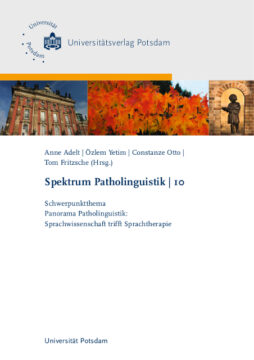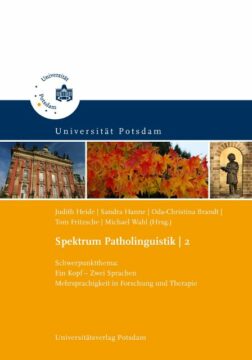While minor attention problems in daily life are certainly not uncommon, and almost every learner is familiar with phenomena of less systematic learning and working behavior, Attention-Deficit/Hyperactivity Disorder (ADHD) presents those affected with a wide range of challenges in learning and demanding situations, as well as in social interactions and everyday life.
Especially during adolescence, individuals face a multitude of new developmental tasks, such as increasing expectations of their independence, rising academic performance demands, the beginning of career orientation, the gradual separation from parents, and the onset of sexual development.
To address both the ADHD-specific issues and the developmental situation of the affected adolescents, the “Learning Training for Adolescents with Attention Disorders – LeJA” was developed. The training has two main objectives:
(1) Improving academic or education-related learning and performance behavior.
(2) Assisting in coping with normative developmental tasks.
The LeJA training combines a cognitive-behavioral learning program to enhance performance behavior with coaching (self-management approach according to Kanfer et al., 2011) to support development-related challenges. The design of the training and the pedagogical-therapeutic relationship between adolescents and trainers are influenced by the results of psychotherapy research by Grawe (2005).
LeJA is aimed at professionals in the fields of inclusive and special education, school psychology, psychotherapy and learning therapy, occupational therapy, and social work. It has been extensively evaluated in a randomized controlled group design (Hennig et al., 2016; Schramm et al., 2016).





